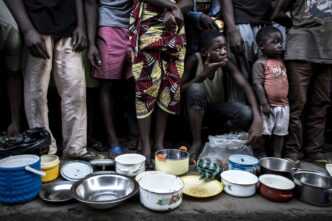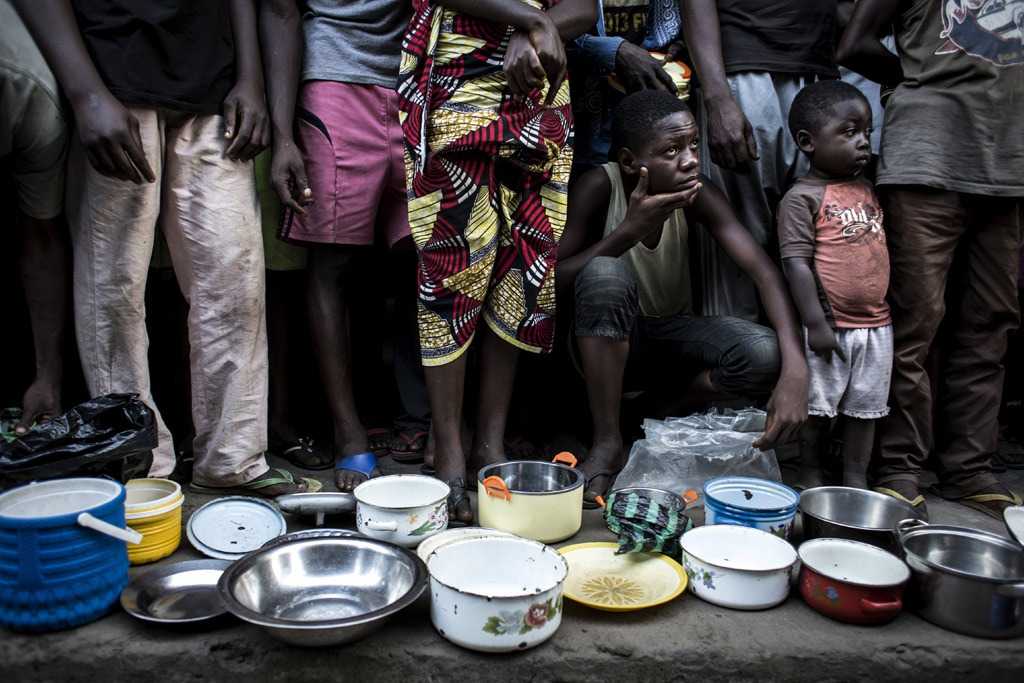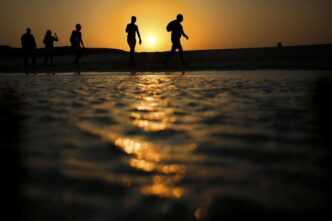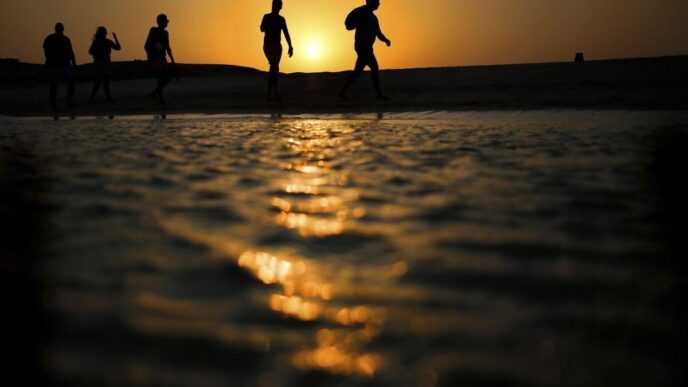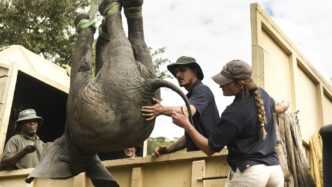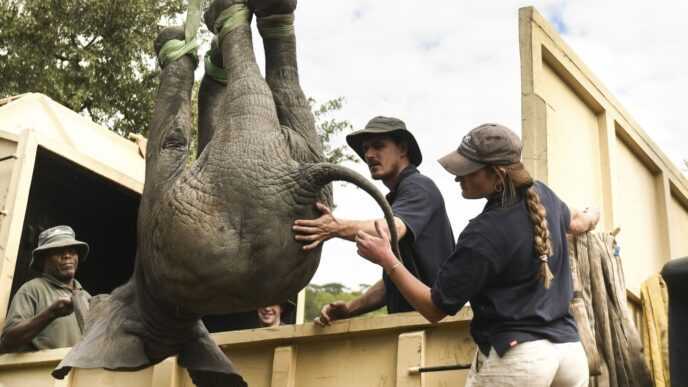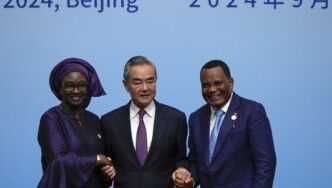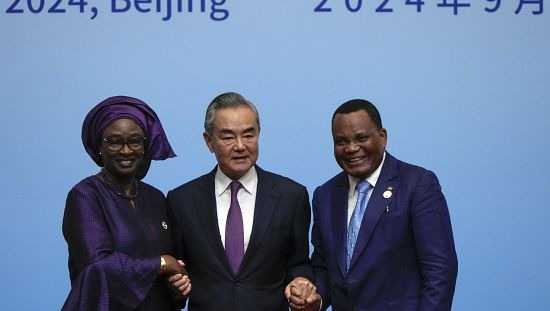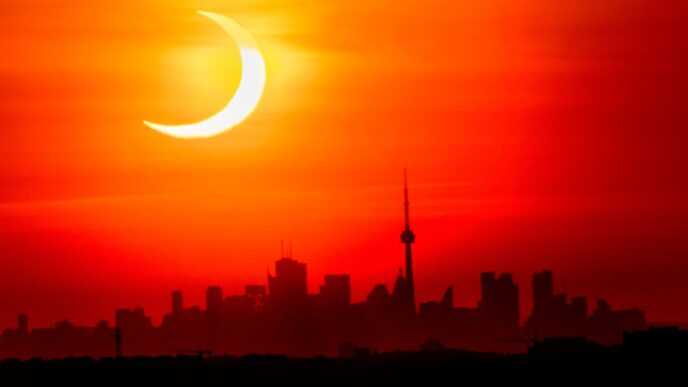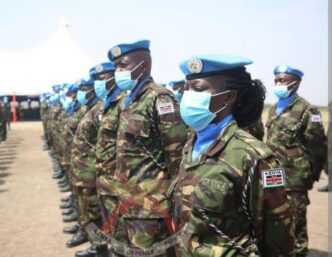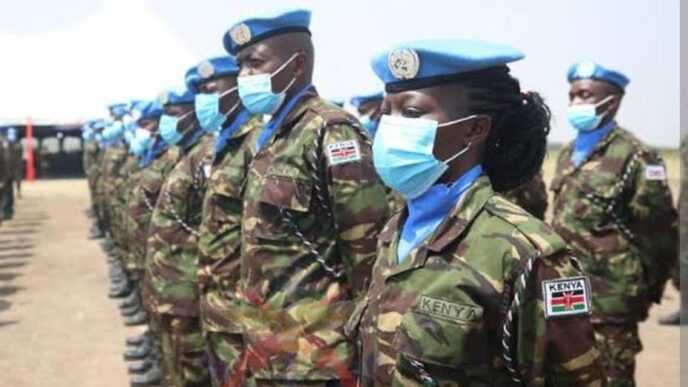The Democratic Republic of Congo (DRC) is grappling with a worsening food crisis as conflict, inflation, and economic instability push millions into hunger. Humanitarian agencies warn that the situation is rapidly deteriorating, leaving vulnerable communities struggling to survive.
A Deepening Humanitarian Emergency
The ongoing violence between armed groups and government forces has displaced thousands, disrupting agriculture and food supply chains. With inflation soaring, the cost of basic commodities such as maize, rice, and cooking oil has skyrocketed, making it nearly impossible for low-income families to afford daily meals. The United Nations estimates that over 26 million people in the DRC are currently facing food insecurity, making it one of the worst hunger crises in the world.
Economic Turmoil Worsens the Crisis
In addition to conflict, the DRC’s economic struggles have further exacerbated the food crisis. The depreciation of the Congolese franc has driven up import costs, while fuel shortages and supply chain disruptions have impacted food distribution. Farmers, unable to access resources due to ongoing instability, are seeing reduced yields, leading to food shortages in both rural and urban areas.
Urgent Calls for Global Support
Humanitarian organizations are calling for immediate international intervention to address the crisis. The World Food Programme (WFP) and other aid groups are ramping up efforts to deliver emergency food aid, but funding shortages threaten their ability to reach all those in need. Experts emphasize that long-term solutions, including investment in local agriculture, conflict resolution, and economic stability, are critical to preventing future crises.
As the situation in the DRC continues to unfold, urgent action is needed to prevent further suffering and loss of life. Without immediate intervention, millions could face starvation, deepening the humanitarian crisis in one of Africa’s most resource-rich yet conflict-ridden nations.
Read also: Mali Expands Solar Power in Rural Areas Despite Challenges
